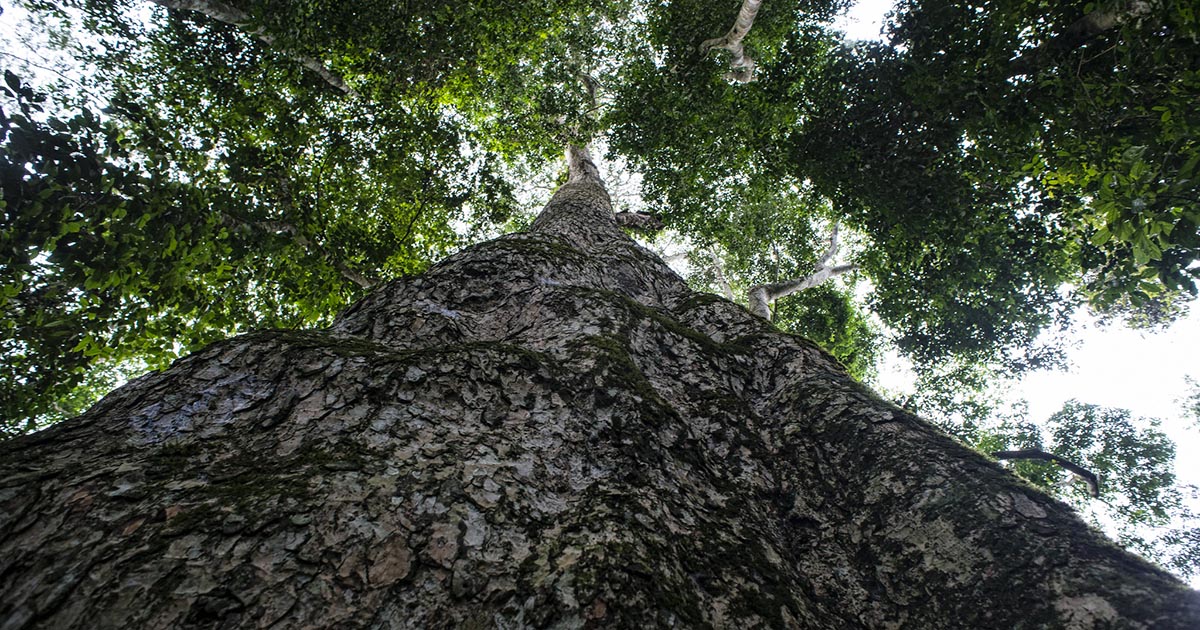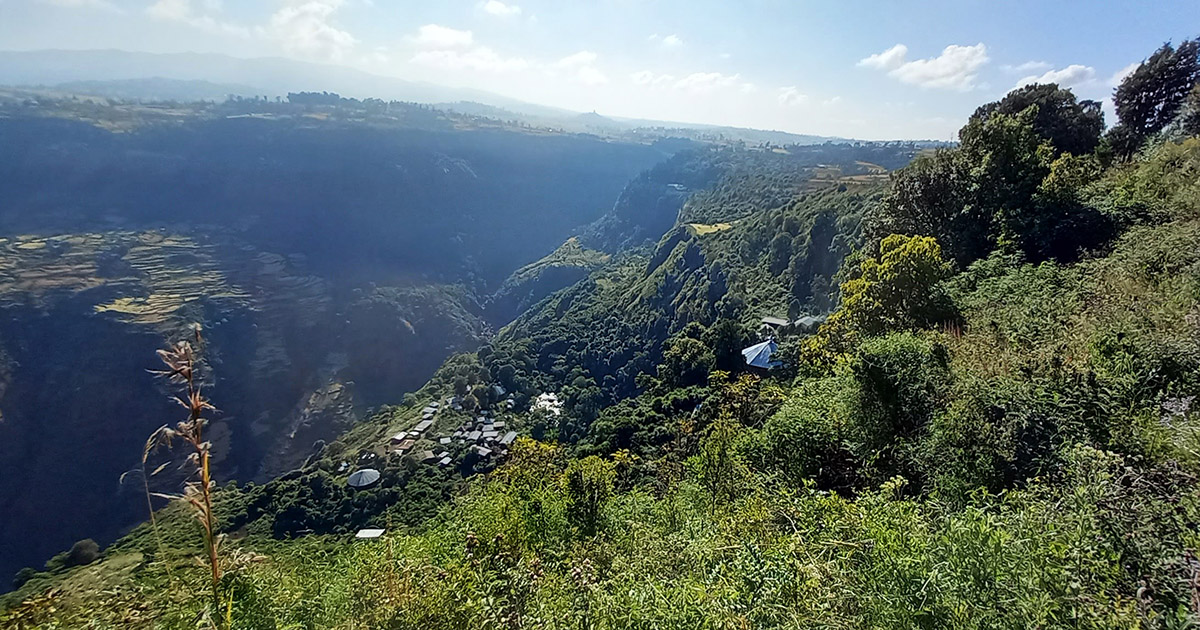Key messages
- Sharing of forest data is important both regionally and among forestry institutions within a country.
- Regional bodies to which OFESA countries belong have legal frameworks that can govern forest data sharing. However, the EAC and the SADC have limitations as only Tanzania belongs to both blocs. While the agreement establishing RCMRD could be amended to anchor a regional forest data-sharing framework, Mozambique would still need to become a full member.
- Each of the five countries under review (Ethiopia, Kenya, Mozambique, Tanzania and Uganda) have legal frameworks, including constitutions and access to information laws that make provision for data sharing. In Kenya and Uganda, such access is limited to citizens only.
- Forest data sharing within and among forest institutions faces significant country barriers. The sharing of forest data regionally encounters still more difficulties.
- Mistrust is a leading cause of the lack of, or weak, data sharing both within and among institutions, as well as with entities outside the country.
- Model guidelines have been recommended that could help forestry institutions develop internal data sharing policies. These could also guide data sharing with partners from other institutions or from outside the country.
- Two policy options are recommended for development of a regional forest data-sharing framework. In the short term, data-sharing clauses could be embedded in agreements for collaborative projects. Ultimately, the RCMRD Agreement should be amended to anchor a data-sharing framework.
DOI:
https://doi.org/10.17528/cifor-icraf/009372Altmetric score:
Dimensions Citation Count:
Publication year
2025
Authors
Kibugi, R.; Tsanga, R.; Ombogoh, D.B.; Amugune, I.; Nyaga, L.; Cerutti, P.O.
Language
English
Keywords
forest policy, data sharing, governance, access to information, partnerships, legal framework
Geographic
Ethiopia, Kenya, Mozambique, Tanzania, Uganda















